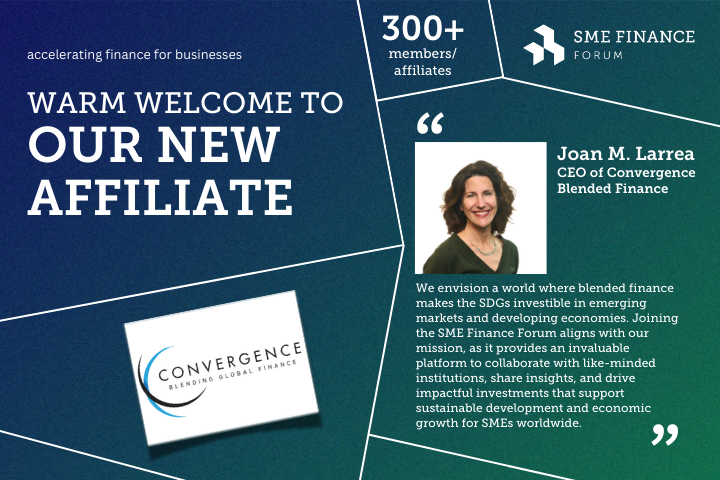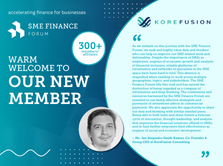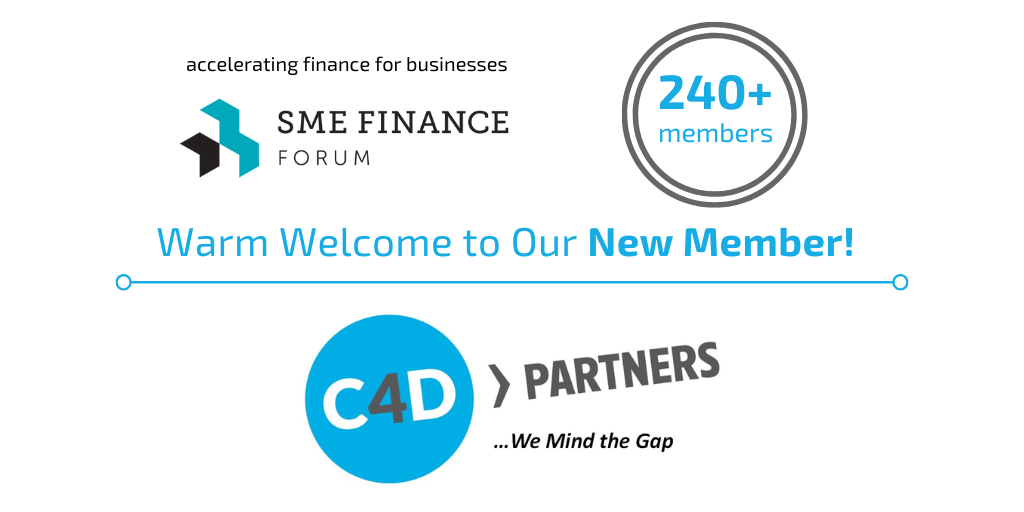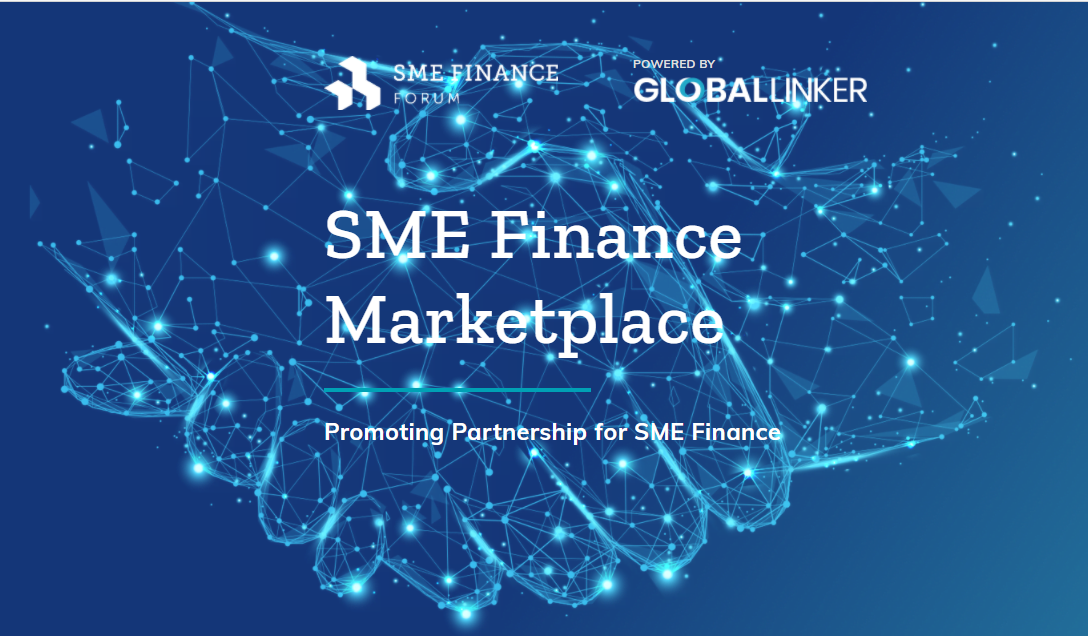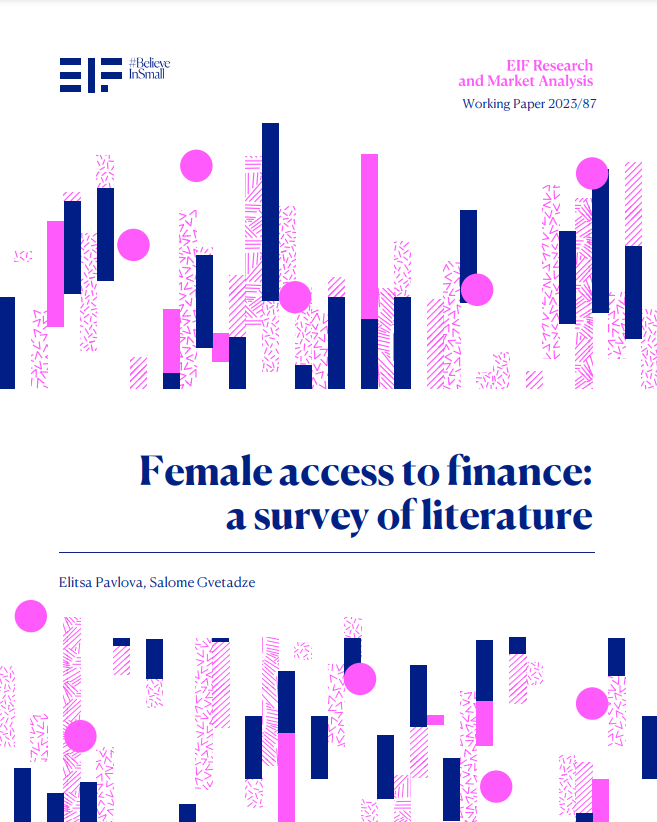Highlights
• Inclusive credit fintech has the potential to address the estimated US$4.9 trillion global credit gap for micro and small enterprises (MSEs).
• However, access to diverse and suitable funding sources remains a critical challenge, especially for early-stage fintechs that are not yet profitable.
• This focus note explores financing strategies for inclusive credit fintechs in Africa, targeting underserved MSEs. It highlights recent data-driven innovations and relevant case studies.
• It provides insights into the most crucial knowledge gaps that hinder effective strategy design for the international donor and impact investment community, which is eager to support the digital innovations transforming MSE credit markets.
Executive Summary
This focus note explores innovative financing strategies for reaching inclusive credit fintechs in Africa, particularly those targeting underserved micro and small enterprises (MSEs). These fintechs have the potential to address the estimated US$ 4.9 trillion global credit gap for MSEs.1 However, access to diverse and suitable funding sources remains a critical challenge, especially for early-stage fintechs that are not yet profitable.
While venture capital (VC) has traditionally been a primary funding source, it is relatively inefficient and costly, making it unsuitable for growing loan portfolios. Debt, as the most appropriate instrument for scaling a loan book, is increasingly essential for early-stage credit fintechs with positive or improving unit economics that have yet to reach breakeven. The risk aversion of asset managers toward early-stage fintechs is understandable, given the sector’s high failure rate and the significant challenges startups face in achieving sustainability. However, this caution can unintentionally hinder the sector’s development by limiting funding for both promising and less viable startups. New investment approaches are emerging to address this issue, using advanced screening methods, data-driven insights, and tailored support to identify and nurture high-potential fintechs early in their lifecycle. These approaches balance the justified caution of investors with the need to foster innovation.
A new generation of innovative asset managers is pioneering these alternative financing methods. By leveraging application program interfaces (APIs) and other means of data integration, these managers gain real-time access to fintechs’ financial and operational data, enabling advanced risk management and customized loan structures. Instruments like drawdown-on-demand senior debt, revenue-based financing (RBF), and asset-backed lending provide more adaptable alternatives to conventional debt. These tools help fintechs optimize cash flow and access suitable financing mechanisms to scale their loan book. These tools also allow investors to manage risk more effectively while deepening engagement with portfolio companies.
However, adoption of these advanced financing tools is hampered by a significant knowledge gap. Many asset managers and fintechs remain unaware of the benefits of data-driven investing or lack the technical capacity to implement these systems effectively. To address this, the development finance community can support knowledge dissemination, technology improvement, and capacity-building efforts that equip fintechs and impact investors with the skills and technology to use these products. Fostering awareness and creating enabling frameworks—such as inclusive regulations, digital infrastructure, and strong partnerships—will help scale these investment models, enhancing financial inclusion for MSEs and driving sustainable growth for the inclusive fintech sector.
=======================================
CGAP is an affiliate of the SME Finance Forum




